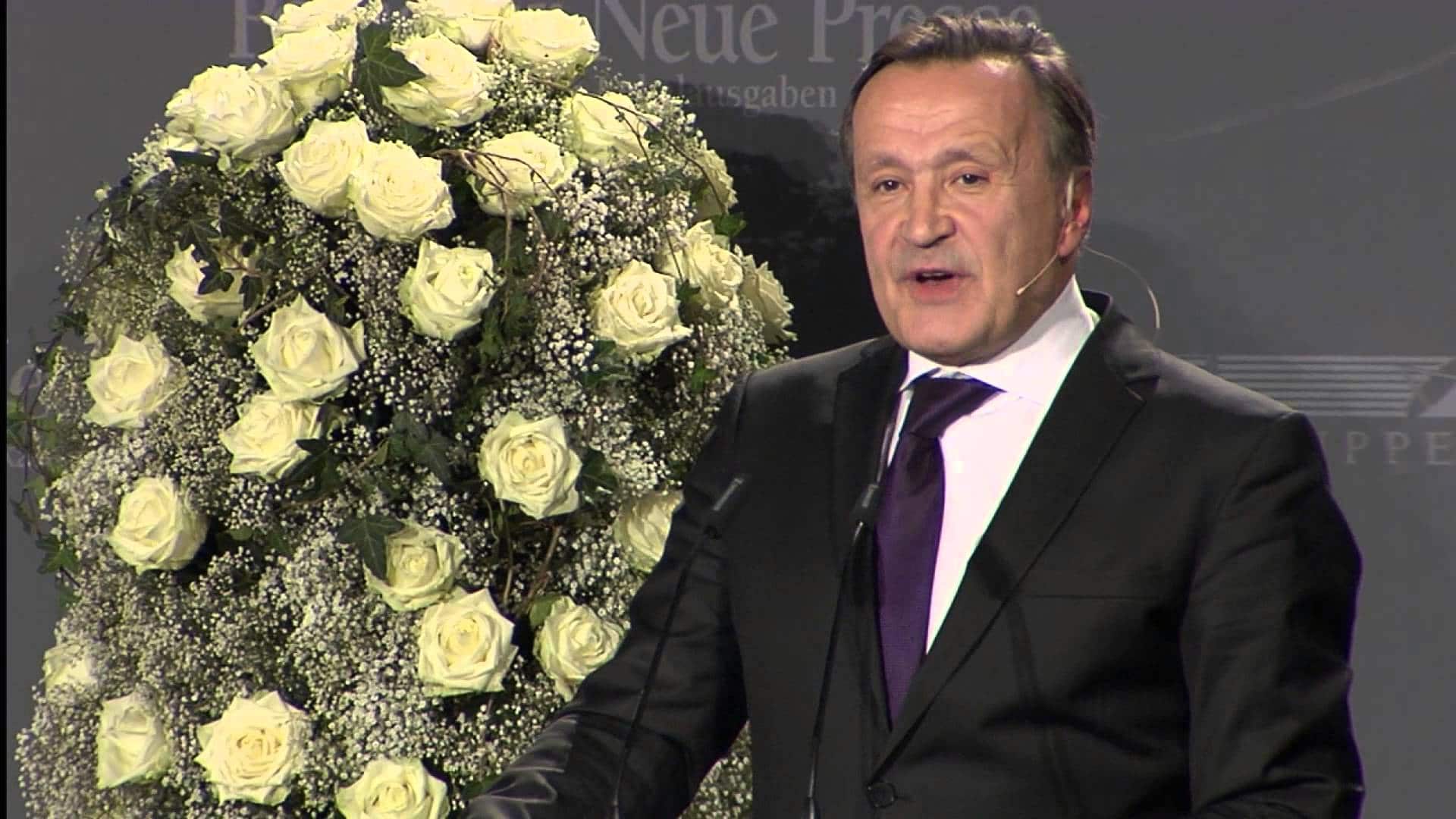Bachler’s off
NewsThe New York Times has a farewell tribute to Nikolaus Bachler, the opera boss who made Munich the go-to house of the 21st century.
Before the pandemic, the company’s ticket sales hovered around 98 percent capacity. Wolfgang Heubisch, the Bavarian culture minister during Bachler’s early years in Munich, said that the house was an important contributor to the city’s economy, and that “we as an audience were always excited about the next performance.” (The company is supported by extravagant government subsidies, in 2019 to the tune of 71.8 million euros, or $85.2 million, from Bavaria and the city of Munich — nearly two-thirds of its budget.)
“You can sum it up in a nutshell,” Heubisch added. “Nikolaus Bachler was a true stroke of luck for Munich and the State Opera.”
It is rare for the leader of an opera company to be described in these terms. In Paris and New York, for example, such managers have recently been openly criticized by colleagues and embroiled in labor disputes. Elsewhere, they may be respected, but are seldom described with the loving language that singers, directors and others use for Bachler….

Read on here.
There are other sides to this story, but the article cannot produce one critical voice. One side is all the Times can handle.






“There are other sides to this story,”
Of course there always will be for those who prefer to grub around for them. For the rest of us Munich is just a superbly run house, as it was under Peter Jonas. I’d rather attend opera in Munich than London. And it’s cheaper to do so for those of us outside London when you factor in transport, accomodation, and seat prices. But, go on, tell us the other side of the story!
Hear, hear. Munich was at the forefront of the world’s major opera houses in Bachler’s time. I could talk about theatrical misses, and I saw some (as there will be everywhere), but there were many more hits, and the musical standards were at the highest level.
“It is rare for the leader of an opera company to be described in these terms.” Especially on this blog.
The reporter obviously didn’t talk to many in the chorus.
No, and the chorus is an opera company’s DNA. Bachler has saddled Bavarian State Opera with an inventory of 30+ deviant stagings that humiliate the chorus, as well as useless stagings like this month’s Tristan und Isolde set for three acts in a hotel lobby. That is Bachler’s true, costly legacy. The NYT’s fawning is, you kissed my ass during my visit so now I’ll kiss yours. As if anyone in New York gave a damn.
Will you marry me Richard. I have the keys to Neuschwanstein.
Lest we forget his production die Tote Stadt
Years ago he made his Munich state orchestra to fly to Japan for concerts just after Fukushima incident.
Munich opera was also one of the last houses in Germany to stop working because of Covid (finally it was forced by the government). Critique of this/his behavior was in few german newspapers.
But hey… He was earning money! Who cares about the people….
Mr Bachler was most innovative in Munich, especially a pioneer at live streaming selected opera performances worldwide (for free). I want to thank him for many great live streams over the years. I will miss him narrating the “story” at the beginning of the stream.
As the former Director of North American Public Relations for the Bayerische Staatsoper during the superbly innovative heartfelt eyeopening Sir Peter years, I feel it is only decent of KB and the Gov’t. Ministry to acknowledge that anyone following Sir Peter walked into the best run opera house in the world. And David Alden deserves a hit tip too for his many wonderfully brilliant and eye opening productions. And I have the press to prove it.